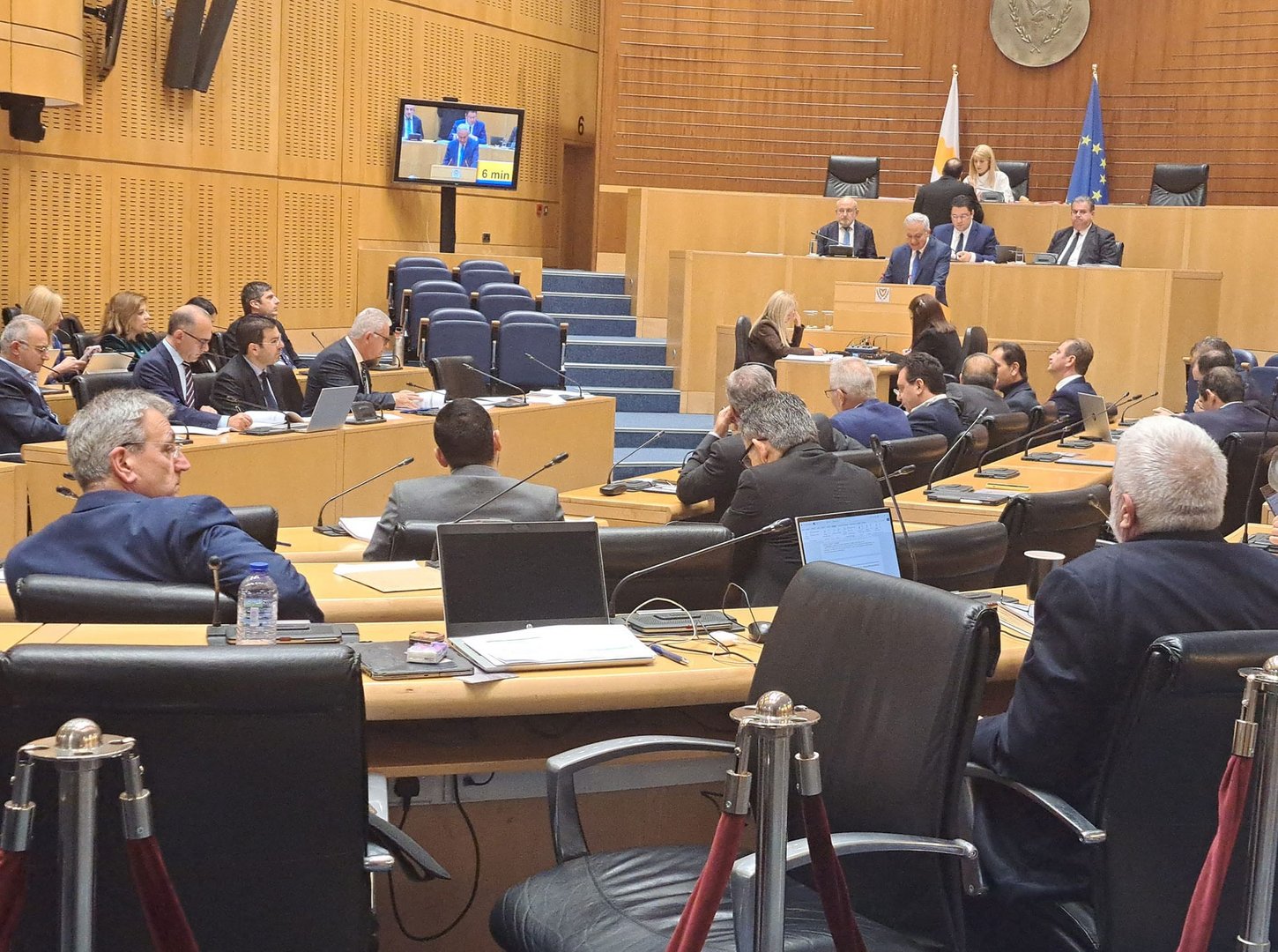
Parliament and the government on Tuesday found a sweet spot to regulate the matter of companies not having declared their ultimate beneficial owners (UBOs) on time, with an agreement to scrub any fines already slapped on non-compliant entities.
A relevant legislative proposal forgiving the fines had been set to go the plenum last week, but the vote was postponed. An amended bill will be voted on at the plenum later this week.
It concerns fines imposed on companies during this year.
Chair of the House commerce committee Kyriacos Hadjiyiannis said he was pleased the government has adopted parliament’s stance on the matter.
He spoke of “unfair fines” having being imposed, as the companies in question had every intention to comply “but their size and their workload did not allow them to pay on time”.
Akel’s Andreas Pashiourtidis also welcomed the development, noting that many businesses might have even gone bankrupt had they been forced to pay the fines.
The cancellation pertains only to those fines already imposed. It does not apply to any fines going forward.
Under a directive issued by the Registrar of Companies last year, all companies should have filed their updated UBO data by December 31, 2023. Companies not complying began being fined €200 on January 1, 2024, and €100 per every continuing day of non-compliance.
The directive also set an annual ceiling for the fines at €20,000. However, this maximum amount applied to each of the declared officers of a non-compliant company so that the aggregate fines imposed per company could be far larger than the €20,000.
Following a host of complaints raised by the business community, the December 31 deadline was later extended to the end of March 2024.
Going by statements made by MPs on Tuesday, the upcoming legislation forgiving the fines will also lower the annual cap to €5,000 per non-compliant company.
But parliamentarians also cautioned businesses to meet their obligations for the current reporting period.
In parliament last month, MPs heard that up until that point €14 million in fines had been imposed, of which €600,000 had been paid.


